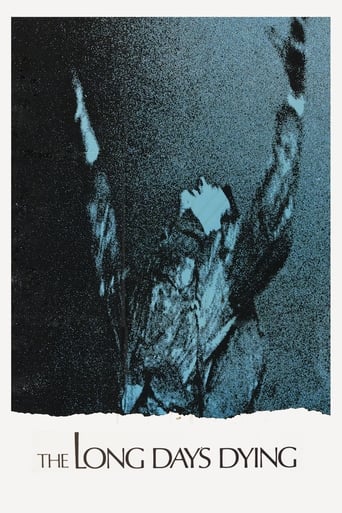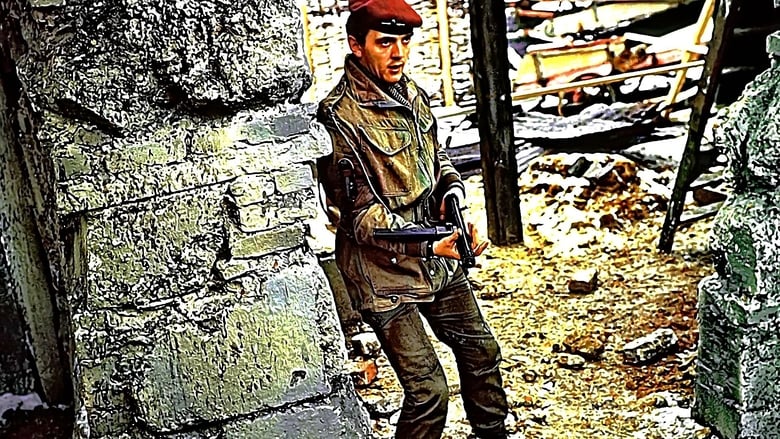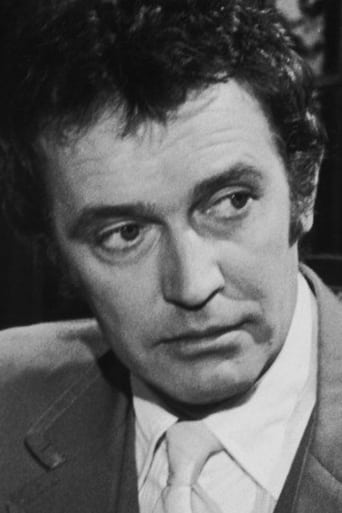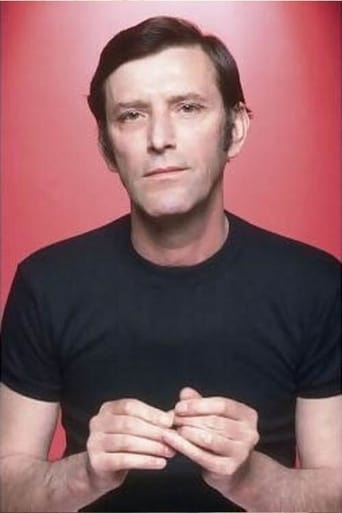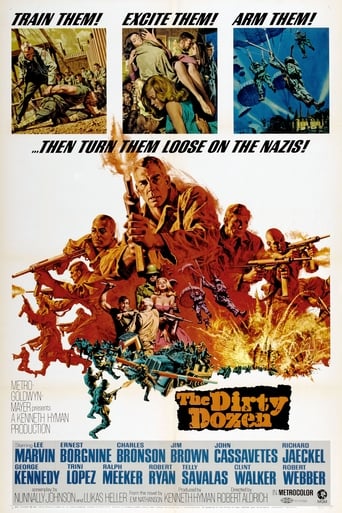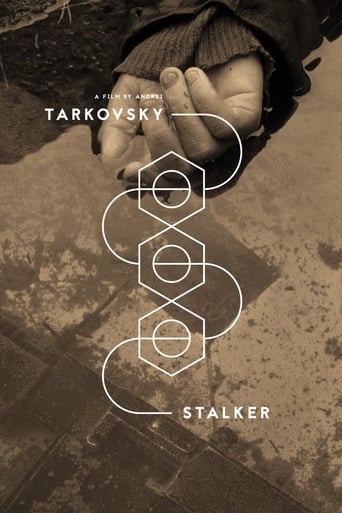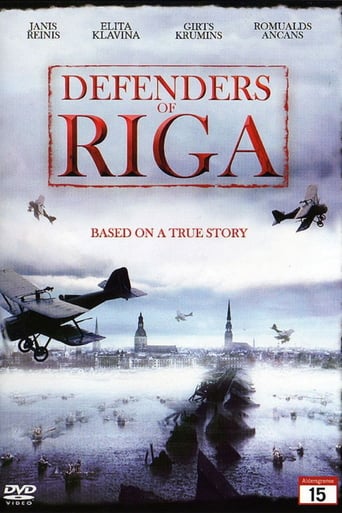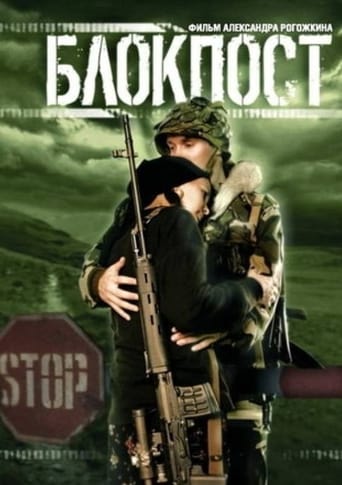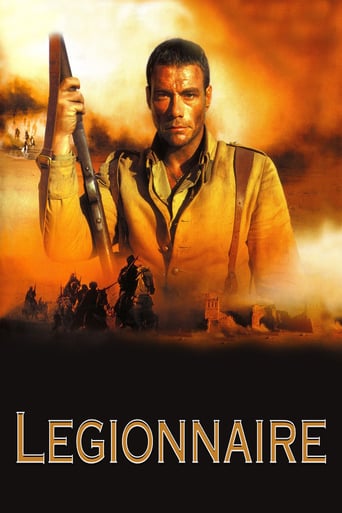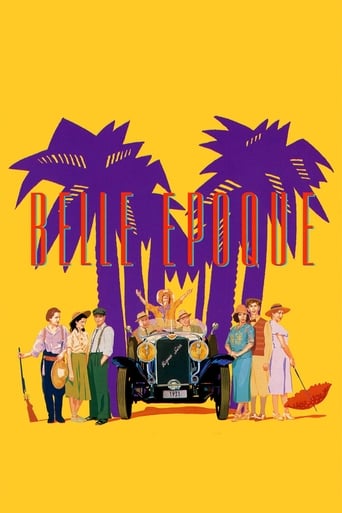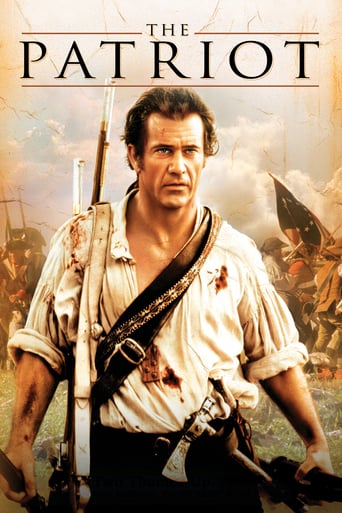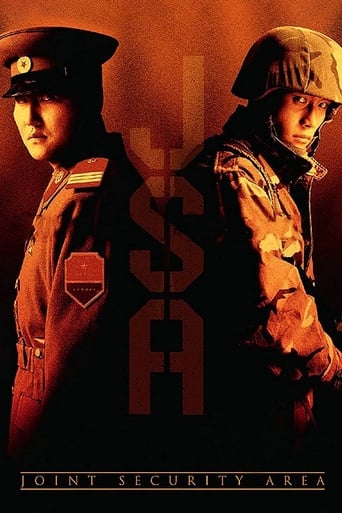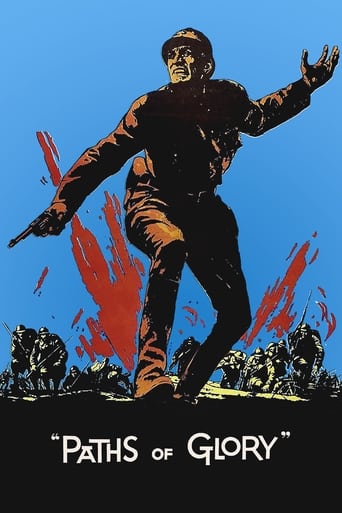The Long Day's Dying (1968)
Three British soldiers and their German captive trek through the European countryside.
Watch Trailer
Cast


Similar titles
Reviews
I first read the book, when I was a young teenager, then saw the film late one night. About a year ago I checked it out on IMDb and discovered no copies available. I then hit the web and found a site that offers War Films, soooo glad that I did, ordered a copy and sat back and was able to confirm why I wanted to see it again.In my opinion to really enjoy the film I suggest you read get a copy of the book and then watch the film. The book is no longer in print but I did track a copy down via E-bay, the Author Alan White was a commando/paratrooper during the 2nd world war taking part in disparate clandestine operations and this was his first book. It is written by someone who knows and this fact I believe gives the book and film authenticity. I have not given the film a ten only because of the nature of the ending of the film, not as good as the book. There are a couple of plot lines that differ from the book also, which is strange as the book is not about the large scale nature of war but about the individual in war. The film illustrates this exceptionally well. I have the copy of the book to let my son read and then the film to let him watch, in that order.If you can track it down the book and the film then it is definitely worth it and I only wish that it was more readily available for more to read and see, one of my all best war films, ever!
It's hard for me to assign the "fair" number of stars to this film, but I settled on 8 because of its high production values and what was, in 1968, an innovative approach to the war film. Remember too that I haven't seen it since 1969. But it did make a strong impression.The Long Day's Dying must be one of the most vivid antiwar films ever made. It achieves this simply by portraying in extremely realistic terms the actions of a handful of soldiers in Northwestern Europe in 1944-45. No film before this one showed war at the infantry squad level with so much brutal detail, and all in a coldly dispassionate way that lets the actions speak for themselves. There is no preaching, no sentimentality, no comic relief, no complicated scenarios.Unfortunately, there's no subtlety either. Partly because of their situation - trying to stay alive - the characters come across as flat, familiar cliché's. As "entertainment," the film doesn't make it, though it was clearly not intended to "entertain." It was intended to slug you over the head with the misery and horror of World War II and modern war in general. This was twenty years before Platoon and thirty before Saving Private Ryan, both of which are far more "watchable" films. Here the flat and generally disagreeable characters, the lack of an actual plot, and the realistically unpleasant images (including what may be the first on-screen vomit in theatrical history) make the film hard to sit through, though it is only 95 minutes.So, 10 stars for production and realism, 4 stars for the feeling you'll have when it's over, a bonus star for having its heart in the right place. Average: 8.Like Carl Foreman's underrated "The Victors," an equally downbeat but more interesting and thought-provoking film, The Long Day's Dying seems not to be on DVD. Why not? Both films have been on cable a number of times.
In his third film, director Peter Collinson gives us this very unusual antiwar offering. A lost film that is very rarely screened nowadays, and completely unavailable on video or DVD, The Long Day's Dying is one of those movies that divides the majority of viewers into two camps - there are those who hail it as a cult classic and a film of tremendous power, and there are those who find it irritating and unappealing in the extreme. One of the most experimental things Collinson has done in this film is to use very little spoken dialogue; instead most of the talk is provided by voice-overs telling us what is going through a character's mind at a given moment. So, for example, when David Hemmings is creeping up behind a German soldier but cannot bring himself to cold-bloodedly shoot the man in the back, his thoughts are heard in voice-over as he thinks: "You're dead and you don't even know it. Now turn around. TURN AROUND!"Three British paratroopers find themselves stranded in a deserted building somewhere in the European countryside during WWII. We learn that they were instructed to hide in the building and keep watch for advancing Germans, with a promise from their sergeant that he would return for them later to take them back to the rest of their unit. The trio consists of pacifist John (David Hemmings), violent Cliff (Tony Beckley) and the quiet but clear-thinking Tom (Tom Bell). However, several hours have gone by since the sergeant was supposed to relieve them, and the three are now beginning to grow anxious. Their plight worsens when a three-man German patrol happens by. The British paratroopers kill two of the Germans but the third - Helmut (Alan Dobie) - is only injured and becomes their prisoner. Now that their location is compromised the trio decide that their safest bet is to find their unit by themselves, so they set off with their prisoner on a trek through the countryside in search of their allies....The Long Day's Dying is full of quiet understatement, with many moments where the camera lingers long on the faces of the protagonists. Even a small grin, a frown, or a hard swallow is very deliberate and is meant to be significant. The actors do a good job at getting across these subtle, almost imperceptible emotions. The story itself is rather dull, with little taking place over the 95 minute running time. One assumes that the film is some kind of allegory, with the handful of characters used as a microcosm - a small-scale representation, if you like - of the wider picture that was the Second World War. The violence is infrequent, but when they come the scenes of death and injury are very gory and show with grim realism the terrible things that weapons and booby traps can do to the human body. I found The Long Day's Dying a bit disappointing, as I couldn't get past the allegorical pretensions and the relentlessly unorthodox approach. But I certainly wouldn't pan it in the way that most professional critics have (Variety, Halliwell, Maltin, et al all hated this film). It's an unusual and very different sort of war film that some viewers - (admittedly, I'm not one of them) - will find interesting, powerful and thought-provoking.
I saw this film prior to joining the British Army. I went through my basic training, at first difficult and then as I progressed much easier. My time was spent during the height of the troubles in NI and the cold war. There was times when I questioned myself on what I had gotten myself into, not for long, as the training would always take over and you would always react instinctively. The voice over used to display what the soldiers are thinking is spot on, though I would have added breathing and heart rate as this seems to pound in your ear drums in given situations. Some years later I was in Canada for a family get together. An Aunty of mine who lives in the USA and is a lecturer at the Columbus Uni Ohio had done a paper on the effects of the British Army in NI. She spent some time out there researching. Although an ex pat she was very anti-British. She made a bee line for me and condemned me for being a British soldier. My only answer was see the film 'A long day's dying'. It's the closest a civilian will get to realise why a soldier does what he does. The answer is right at the end.

